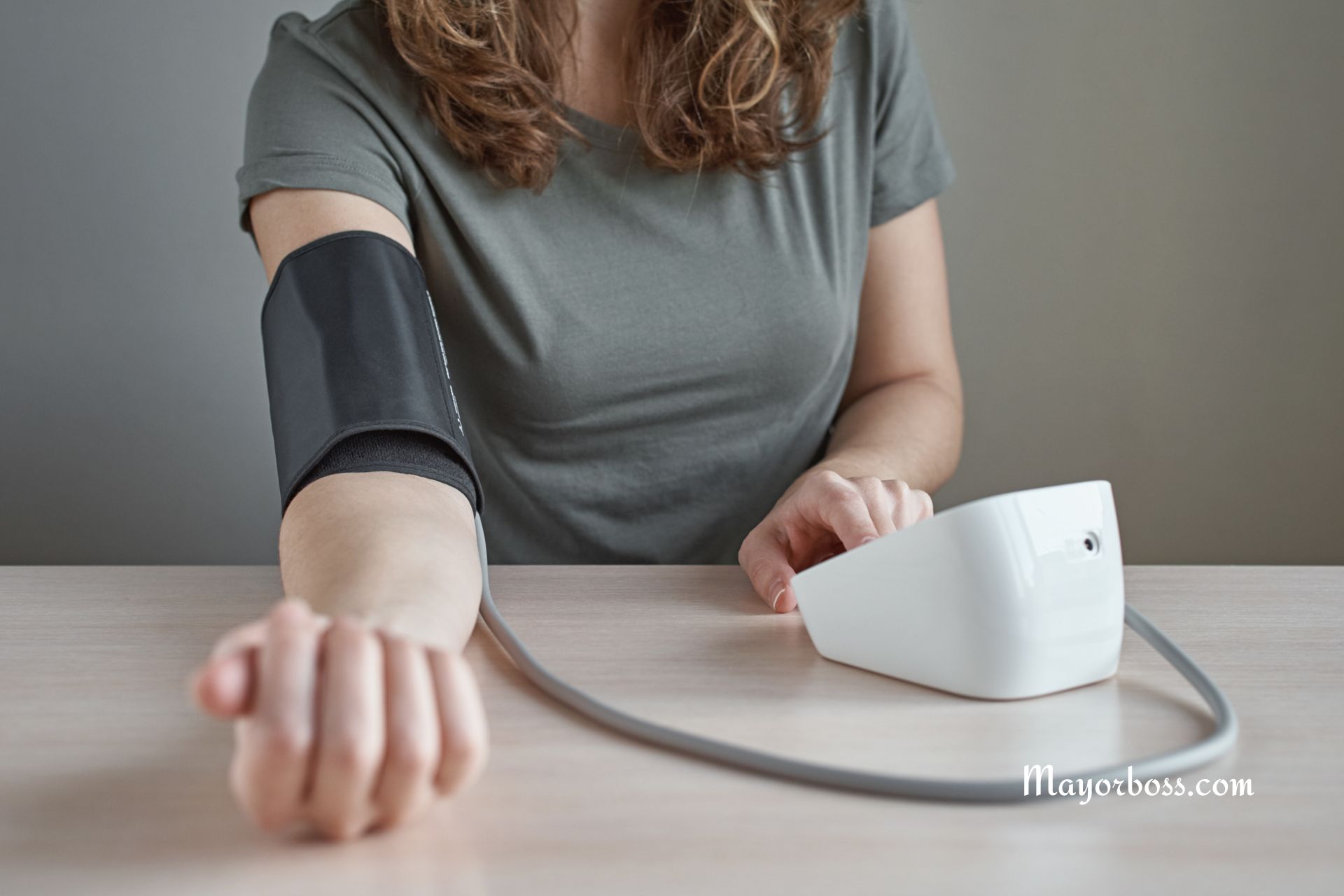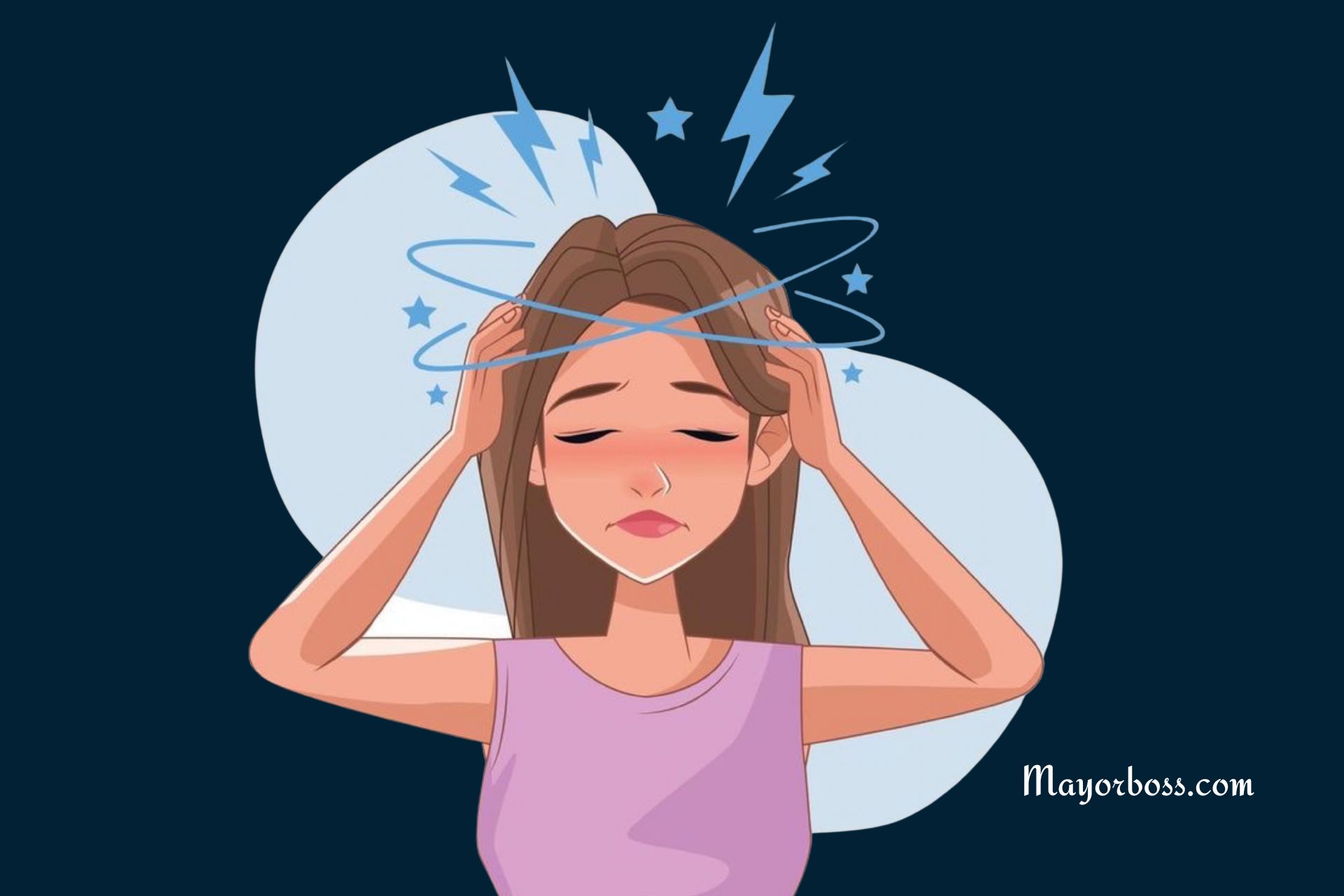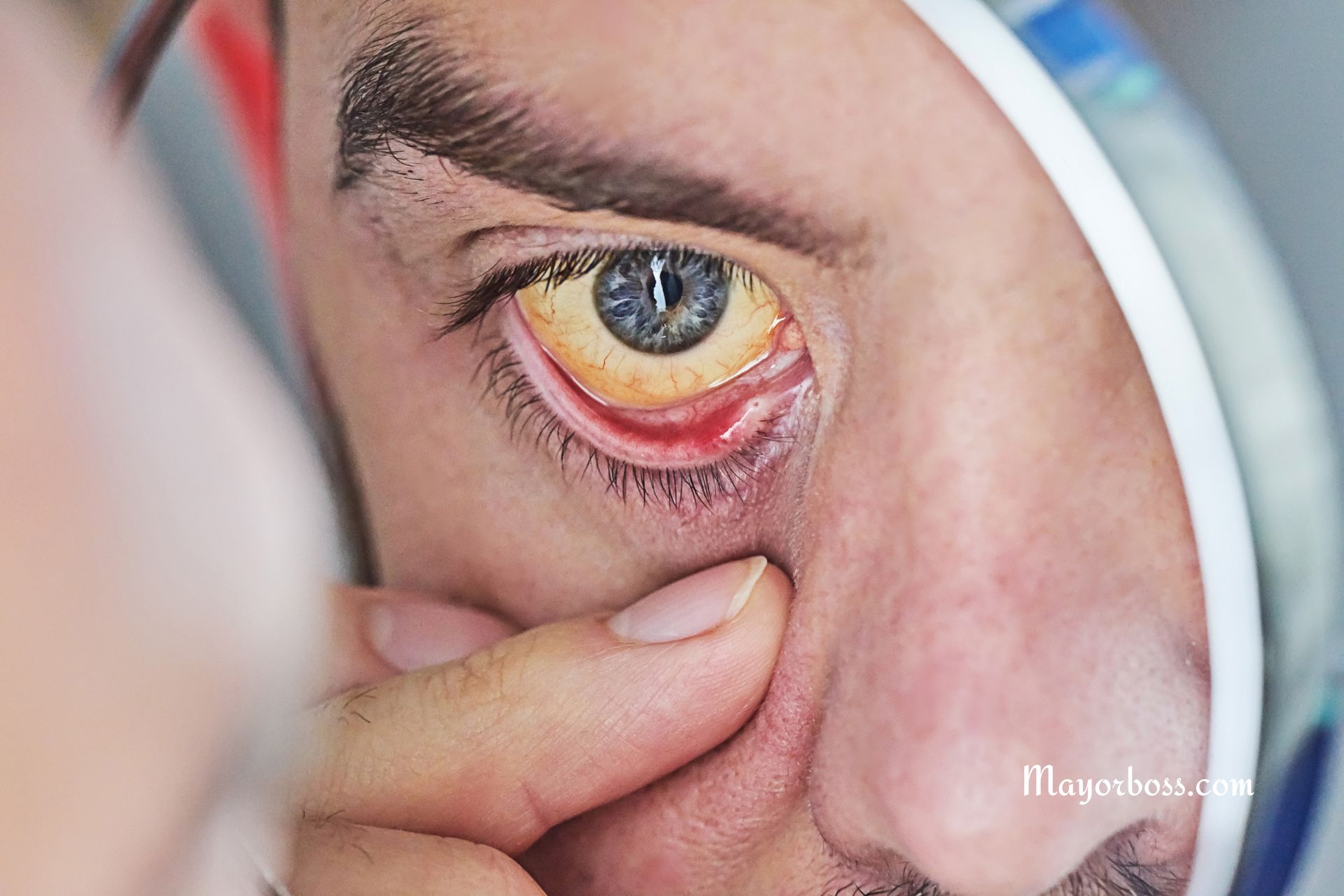Can You Control These? 6 Things Your Body Does Automatically
Our bodies are amazing machines that perform countless functions without us even thinking about them. Many of these processes are automatic, happening in the background to keep us alive and well. However, have you ever wondered if you have any control over these automatic functions? Let’s break down six common bodily functions that usually run on autopilot and see just how much control we might actually have over them.

1. Blinking
On average, you blink about 15-20 times a minute. This reflex helps keep your eyes clean and moist. While blinking is mostly automatic, you can control it to some extent. For example, you can blink more or less frequently if you try, and you can keep your eyes open for a while without blinking. However, eventually, the need to blink takes over to protect and lubricate your eyes.
2. Breathing
Breathing is another fascinating function. Your body regulates your breathing based on your oxygen needs, and it does so without your conscious input. However, you can also control your breathing. Techniques like deep breathing, slow breathing, or holding your breath are all ways to override the automatic system temporarily. Plus, controlled breathing can be a powerful tool for relaxation and stress management.
3. Heartbeat
Your heart beats continuously, pumping blood throughout your body. This process is regulated by your autonomic nervous system, which means it’s not generally under your direct control. However, you can indirectly influence your heart rate. Exercise, stress, and relaxation techniques can all cause changes in your heart rate. Some people, especially those who practice meditation or yoga regularly, can achieve a level of control over their heart rate through deep relaxation.
4. Digestion
The digestive process, from the moment you swallow your food to the time it leaves your body, is largely automatic. Yet, you can influence aspects of digestion. For instance, mindful eating—paying close attention to what and how you eat—can improve digestion and even alter the pace at which your stomach empties. Stress reduction and certain dietary choices can also affect digestive efficiency and comfort.
5. Pupil Dilation
Your pupils dilate and contract in response to light automatically, a function that helps regulate how much light enters your eyes. While you can’t control this reflex directly, you can influence it indirectly. For example, by changing the lighting in your environment, you can cause your pupils to dilate or contract. Also, focusing on distant or close objects can slightly affect pupil size due to the effort of accommodation.
6. Sweating
Sweating helps regulate your body temperature by cooling you down when you’re hot. It’s an automatic process controlled by your body’s need to maintain a stable internal temperature. While you can’t directly control when you start or stop sweating, certain activities and environmental factors can trigger sweating. Staying cool, staying hydrated, and choosing breathable clothing are ways to manage sweating, even if you can’t control it directly.
FAQs
Can you train your body to control these functions better? Yes, to some extent. Practices like meditation, yoga, and biofeedback can help you gain more control or influence over some automatic body functions, particularly breathing and heart rate.
Is it harmful to try to control automatic bodily functions? Usually, temporarily controlling or influencing these functions isn’t harmful. However, trying to control them inappropriately or excessively, such as holding your breath for too long or constantly suppressing natural reflexes like blinking, can be harmful.
Why does the body have automatic functions? Automatic functions keep your body running smoothly without the need for constant conscious oversight. This frees up your brain to focus on complex tasks like thinking, planning, and learning. Automatic functions are essential for survival, ensuring critical tasks like breathing, blood circulation, and digestion occur uninterrupted.






